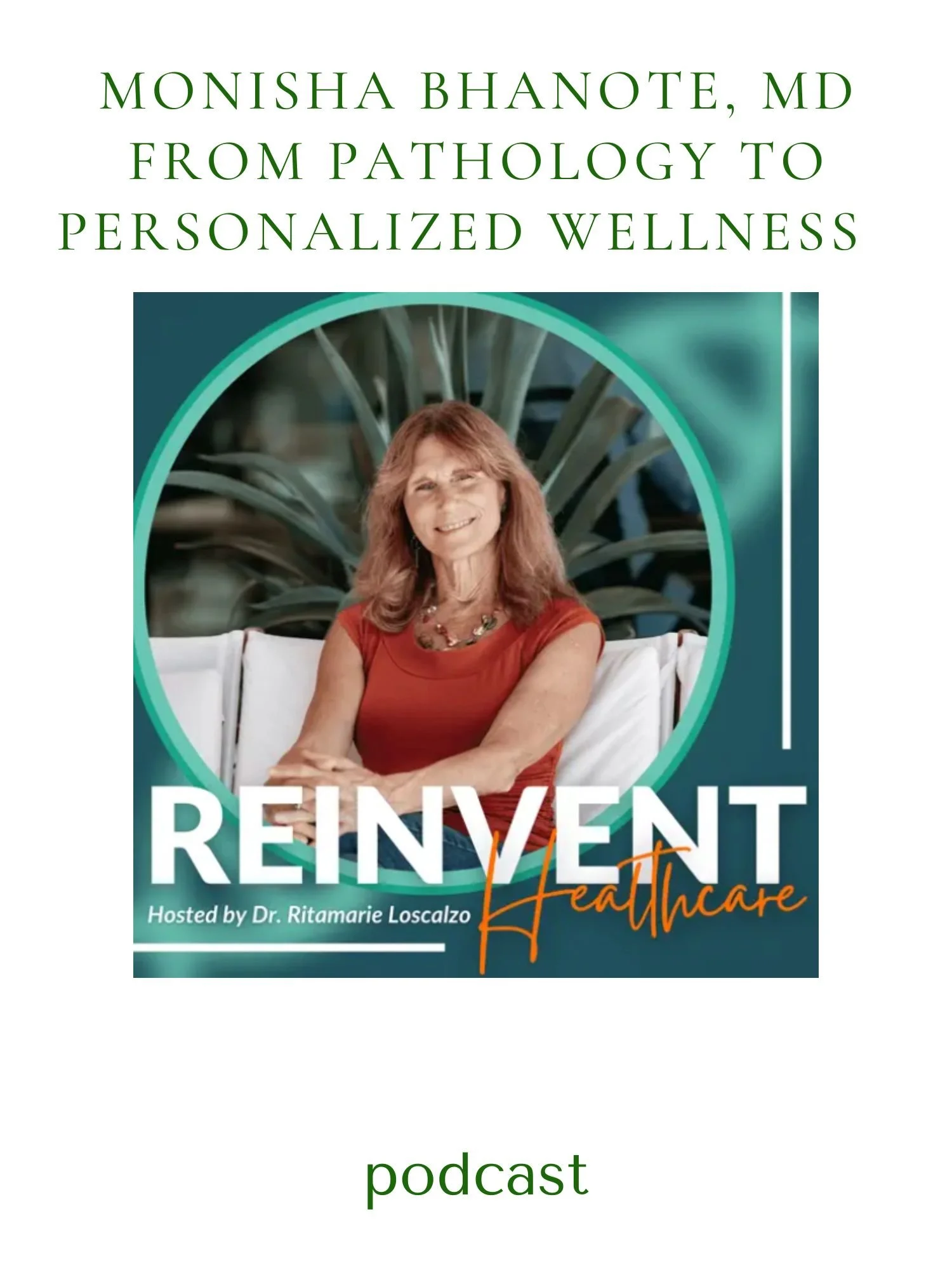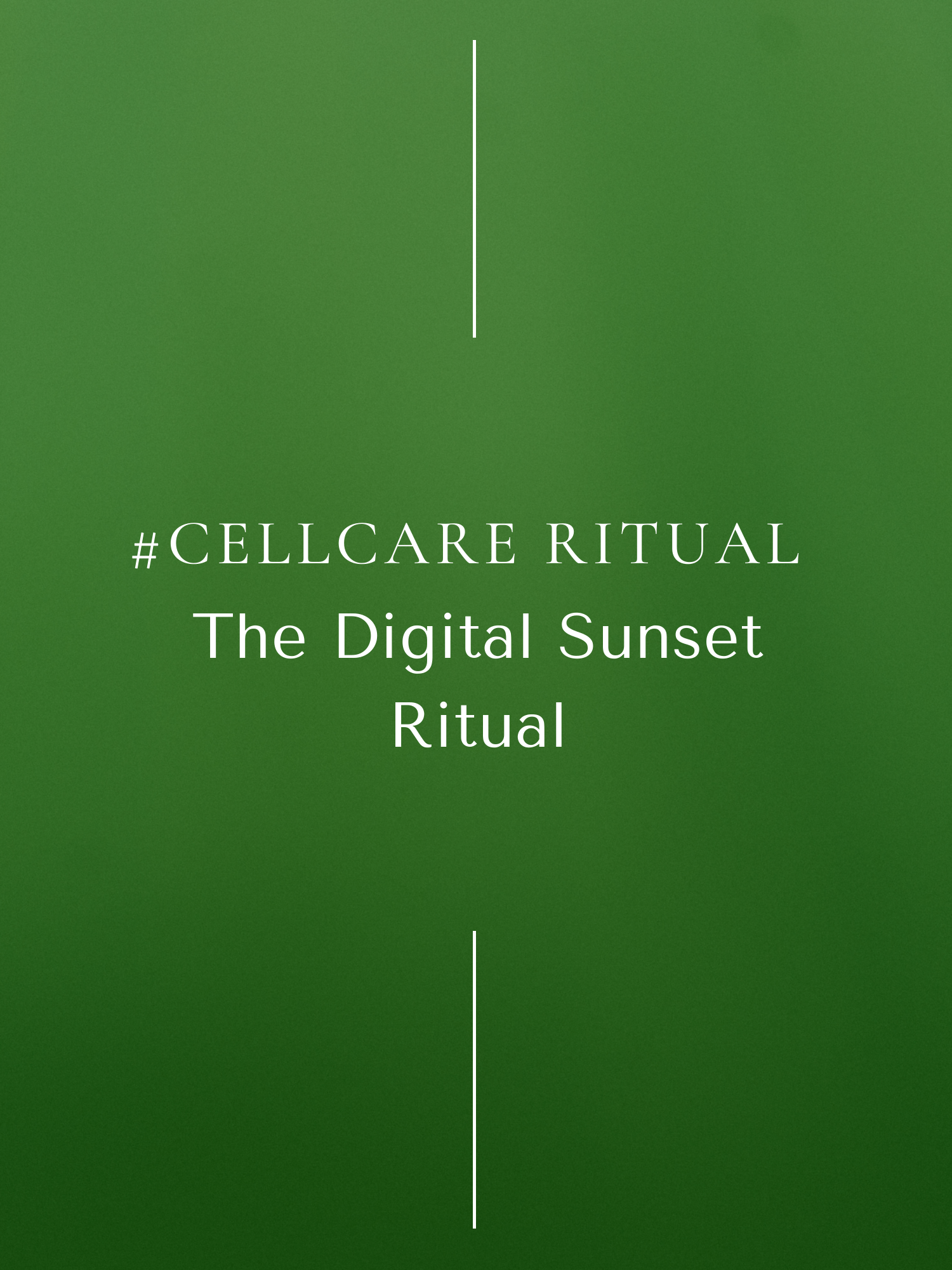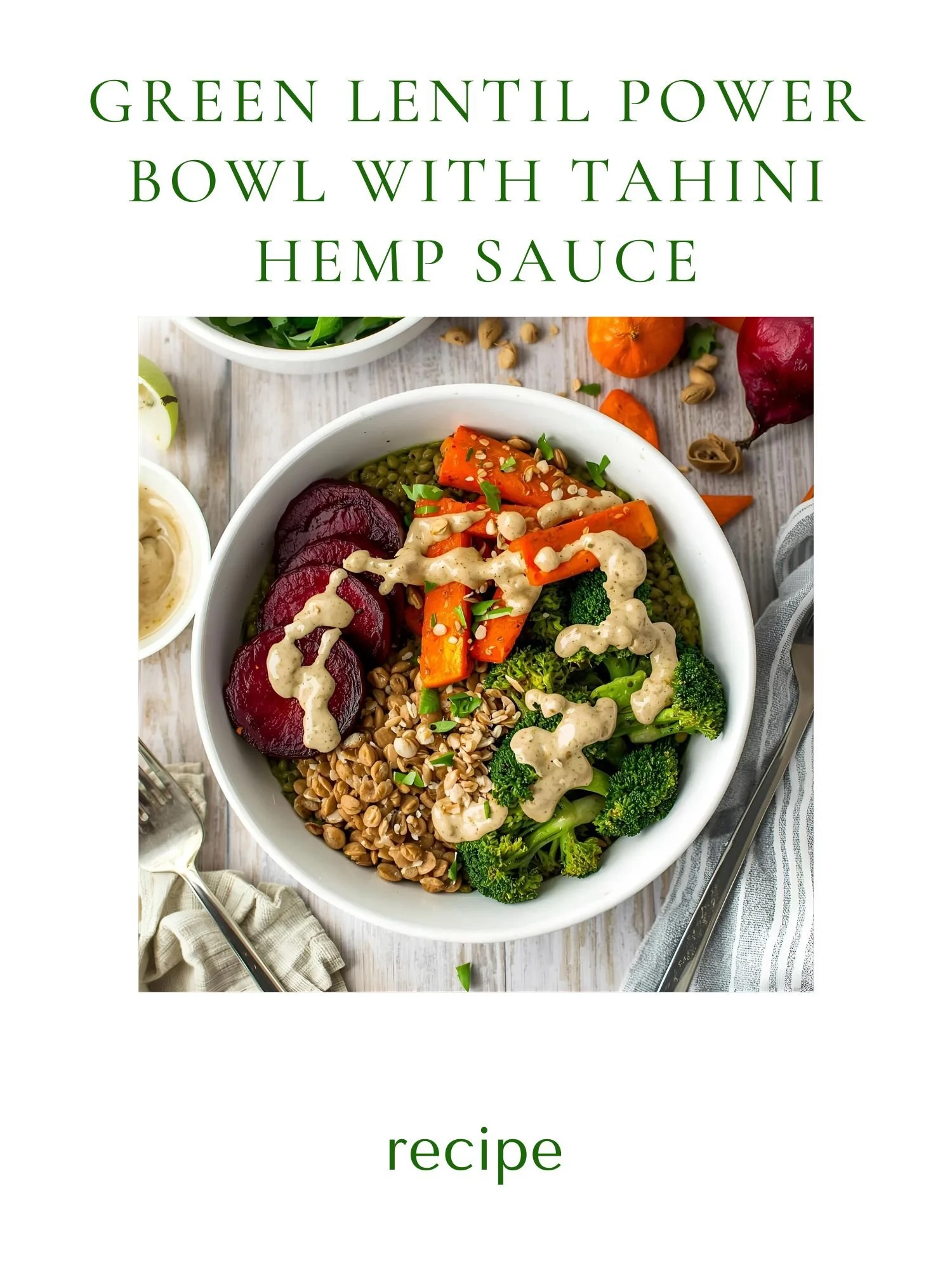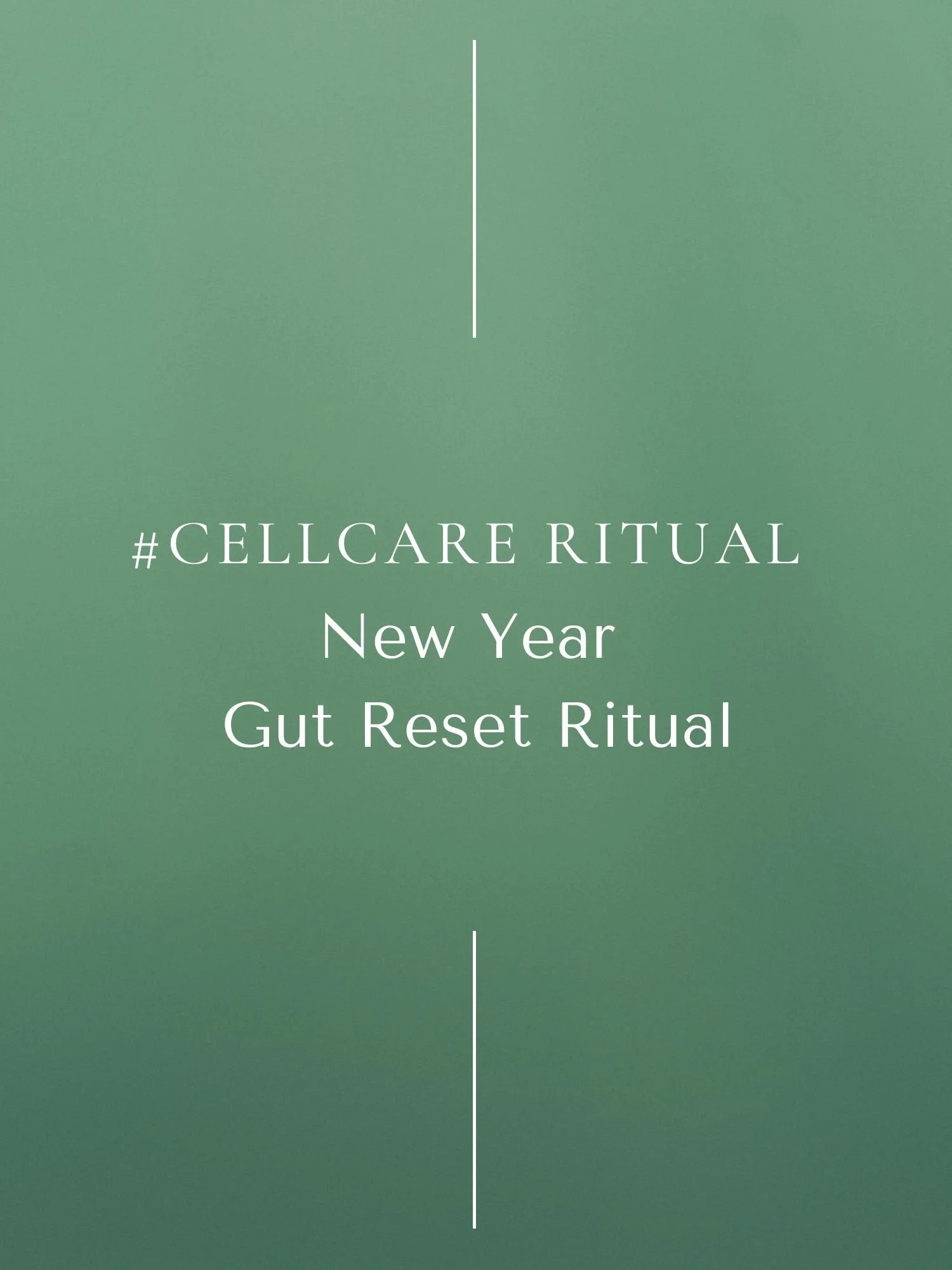Rethinking the Protein Obsession for Cellular Health | Dr. Monisha Bhanote on ReInvent Healthcare Podcast
In a powerful episode of the ReInvent Healthcare Podcast, Dr. Monisha Bhanote—a quintuple board-certified integrative pathologist and founder of Wellkulå—joins host Dr. Ritamarie Loscalzo to unravel the cellular-level consequences of our culture’s growing obsession with protein. Drawing on her extensive training in integrative medicine, culinary medicine, and pathology, Dr. Bhanote challenges listeners to go beyond macros and muscle gains to truly understand how food functions as molecular information.
Listen to the full episode here or find it on your favorite podcast platform.
1. The Protein Hype and Cellular Damage
Dr. Bhanote critiques the modern high-protein movement, especially the trend of overloading on animal protein post-fast in hopes of maximizing muscle growth. She warns that this pattern—popular among biohackers—can disrupt autophagy, the cellular cleansing process triggered by fasting. Overconsumption of animal protein activates the mTOR pathway, which, when chronically stimulated, accelerates aging, inflammation, and the development of chronic diseases. Dr. Bhanote also highlights other harmful byproducts of excessive animal protein consumption, such as TMAO and beta-glucuronidase, which have been linked to cardiovascular disease, cancer, and hormonal imbalances.
2. Gut Health, Early-Onset Cancer, and Microbiome Misinformation
The conversation turns to the alarming rise of early-onset colorectal cancer and its link to gut dysfunction. Dr. Bhanote explains how high-animal-protein, low-fiber diets degrade the mucin layer of the gut lining, triggering inflammation and systemic toxicity. She emphasizes that plant-forward diets—rich in fiber and phytochemicals—promote microbial diversity and gut resilience, which are essential for disease prevention. She shares a cautionary patient story to illustrate how even a “junk food vegan” diet can be misleadingly labeled as healthy, underscoring the need for microbiome testing and personalized interventions.
3. From Protein Quantity to Protein Quality
Challenging the belief that more protein equals better health, Dr. Bhanote discusses how most people actually exceed their protein requirements, especially those consuming 150–200 grams daily without balancing it with fiber. She also addresses protein quality and digestibility, noting that many plant-based foods like lentils, hemp seeds, tofu, and chickpeas offer complete and sufficient amino acid profiles—especially when prepared properly. For those needing supplementation, she recommends clean, single-ingredient plant protein powders while warning about the contamination risks in most commercial blends. Her advice? Eat food, not formulations.
Listen to the Full Episode
Dr. Monisha Bhanote’s insights invite a much-needed shift in how we think about protein, disease prevention, and true wellness. Rather than following fads or macros alone, she encourages health practitioners and patients alike to focus on a concept called cellcare—choosing foods that support the gut, reduce inflammation, and promote long-term cellular resilience.
Listen to the full episode here or on your favorite app to dive deeper into this stimulating conversation on the protein craze and actionable lifestyle changes.
ARTICLE CONTINUES BELOW
Connect with Dr. Bhanote
Instagram https://www.instagram.com/drbhanote/
Signup for our #CellCare Wellness Newsletter
Pinterest https://www.pinterest.com/drbhanote/
Facebook https://www.facebook.com/drbhanote
More Resources from Dr. Bhanote
Attend One of Our Longevity Retreats
Get Your Copy of Dr. Bhanote’s Book, The Anatomy of Wellbeing
Plant-Based Gluten-Free Recipes In Your Inbox #CellCare Plate Recipes
Take the Quiz | What’s Your Best Body Biohack?
Personalized Solutions
Cell Revive (6-month Program) | Restore Your Cellular Health | Schedule Your New Patient Discovery Call
MAKE A DIFFERENCE BY SHARING THIS ARTICLE WITH OTHERS TO ENCOURAGE WELLBEING ⤵
The information on this website has not been evaluated by the Food & Drug Administration or any other medical body. We do not aim to diagnose, treat, cure or prevent any illness or disease. Information is shared for educational purposes only. You must consult your doctor before acting on any content on this website, especially if you are pregnant, nursing, taking medication, or have a medical condition. Our content may include products that have been independently chosen and recommended by Dr. Monisha Bhanote and our editors. We may earn a small commission if you purchase something mentioned in this article.
YOU MAY ALSO LIKE:
by Dr. Monisha Bhanote
✅ EVIDENCE-INFORMED REVIEWED ARTICLE
















